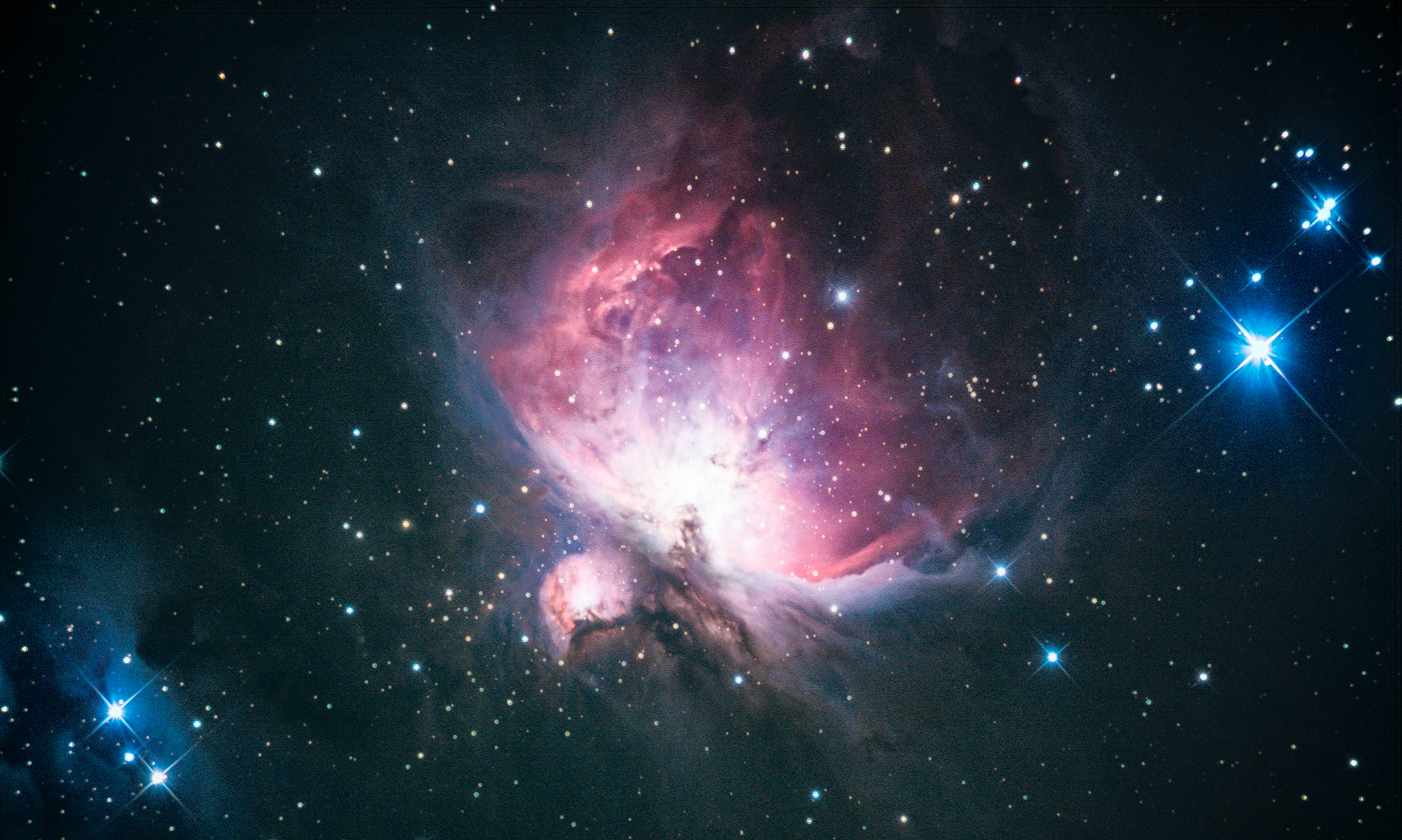
- This event has passed.
The Discovery, Simulation and Observation of Rocky Worlds Beyond our own Solar System
18th July 2023 @ 7:30 pm - 9:00 pm
£3Greg Cooke, University of Leeds, simulates terrestrial exoplanets and paleo climates and uses these simulations to predict possible future observations of terrestrial exoplanets.
Some planets have very different chemical compositions to Earth. For example, some may have more methane and carbon dioxide. Others may have no oxygen, which likely means no ozone and therefore little UV protection for life – although there are other types of atmospheres that could provide UV protection. There could be Titan-like (Titan is Saturn’s largest moon, and it’s larger than Mercury) exoplanets that have human-toxic gases such as hydrogen cyanide. Other planets could have crushing pressures and blistering temperatures like Venus or be ice-cold like the Saturnian moon Enceladus. Even stranger are exoplanets where they are tidally-locked to their star, such that one side of the planet experiences a permanent day and one side experiences permanent night, because the orbital period of the exoplanet is matched to its rotational period.
We know of over 4000 exoplanets now, and many of these are rocky, like Earth. There is a huge parameter space to investigate…

